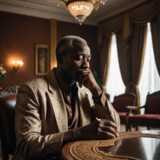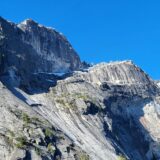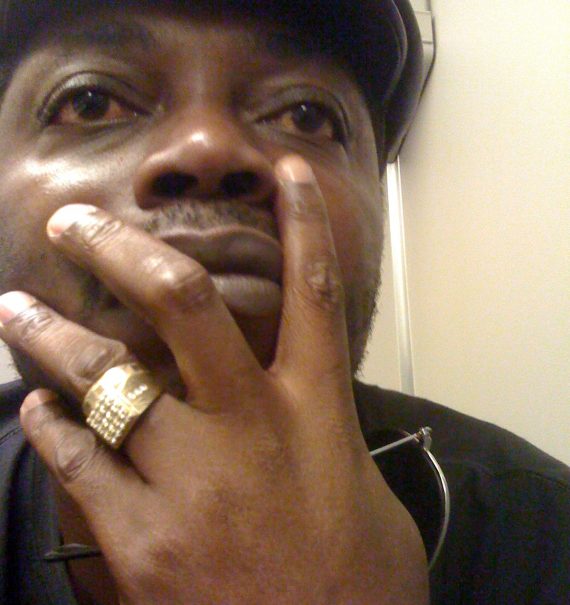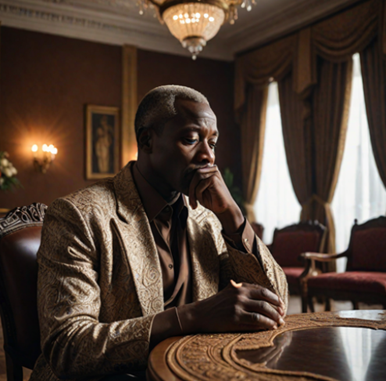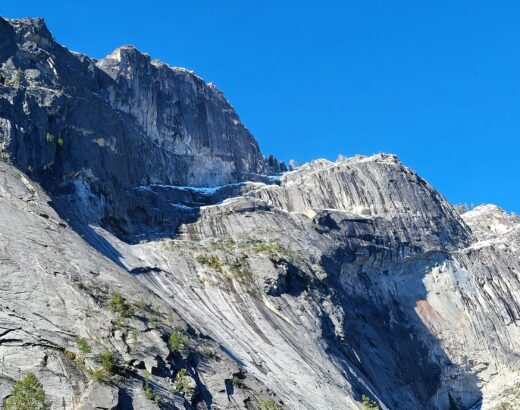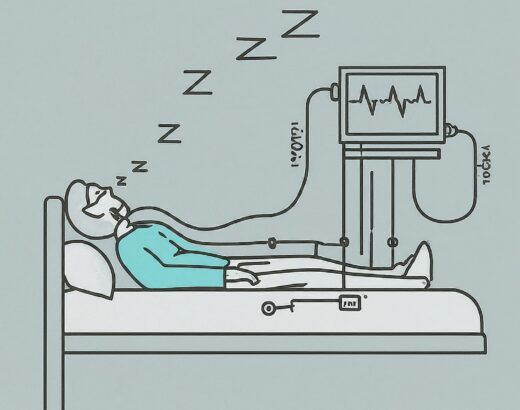A Thousand and One Incisions
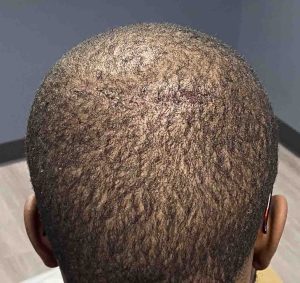
I was still in my first decade of existence, gripping with understanding life as a little boy, when father died. We were close, in a sort of way. I admired and loved him. Unconditionally.
At that age, I knew not what death was and, unfortunately till date, still do not understand why we have to die. It was a bad year for the family, two deaths already and father’s becoming the third was unexpected and saddening. What we were expecting was for him to join us in the ancient city of Ibadan where he had sent us, his advance party. He was to bid the ancient city, famed for the heroic deeds of Bayajidda in getting rid of Sarki by the Kusugu well, bye. Daura had been home to us for the better part of three years.
For whatever reasons, Daura was not at peace with him leaving. Rather than yield him to us alive, what we received was his lifeless body. For days, prior to and after his demise, the family house was bursting at its seams with people, many of whom I had no idea of who they were nor why they were in the house. But, the food was good.
The men were with long drawn faces with the women weeping mostly. Loud cries and wailing on every side, each comforting one another with no one comforted. Yet, despite the tragedy that has enveloped the house, it seemed someone had decided that hunger was not to be added to the sorrow that had enveloped the house. There was an endless flow of food coming from the make-shift kitchens at the back of the house. Sweating women, stirring in huge pots delicately balanced on triangularly arranged mud bricks under which fire was kindled with logs of woods stacked in between the spaces, were churning out different food which were disappearing as fast as they appeared.
Those old enough to understand the tragedy were being consoled and urged to eat, but as little children we needed nothing of such. We ate and asked for more and so did the horde of mourners whose numbers have a way of magically increasing at mealtime and reducing thereafter. With the cooking, crying, eating and all that was happening, something else was going on at Orita Aperin. There a grave was being digged to receive father’s corpse.
When his body was committed to the earth in Orita-Aperin, my siblings and I were there to pay him his last respect. We were asked to scoop handfuls of sand from the graveside and cast over his coffin in the grave. I still have faint recollection of that moment but never understood it as my paying him his farewell. As it would happen, he didn’t accept it as well.
With the thronging of people came the problem of sleeping spaces, the house did not have enough to cater to the surge and everyone had to make do with whatever space could be found. For me, I always found a spot on the raffia mat positioned directly at the entrance to my grandmother’s room. As the youngest wife of my grandfather, her room had the commanding view of the staircase, as it afforded her the privilege of monitoring the traffic to and from his mancave that the upstairs part of the house was.
It was a wooden staircase with a landing that could visibly be seen from my mat. This landing was where father’s apparition choose to appear each mid-night. I would get woken up and, looking at the staircase, would see my father with his left hand resting on the rail, his right hand holding his chin with his eyes looking at me from the distance. His look was intense as if saying “come child”. A few times I had woken up those sleeping next to me, pointing at the staircase and shouting “Daddy is here”, but like those with Paul on the road to Damascus, they saw nothing and cautioned me to stop disrupting their sleep.
To stop what was seen as an unhealthy relationship between the living and the dead, a native doctor was invited. He was almost bald with the few strands of hair very grey. He took his sit on a wooden stool, took off from his arm his cloth bag and carefully laid some of the content on the floor besides him – a calabash, a few bottles and a scalpel. I was sitting directly in front of him, encased with his legs around me and firmly held by the grips of a two other men.
Without anaesthesia, he held my head firmly with his left hand while using the scalpel in his right hand he burrowed into the scalp of my forehead in quick but measured cuts, making incantations as he does so. With each cut, blood flowed and as pain surged through my body I cried. Intermittently, he would put down the scalpel, dip his hand into the calabash and scoup out a little paste which he rubbed into the incisions he had made. Of course, counting how many incisions he made was the least of my concern. I don’t think they were more than a dozen but they could have been as many as a thousand and one given the pain that I felt.

The next day, free of much of the pain, I looked at the framed picture of my grandfather hung in the parlour. He was captured seated on a wooden chair, resplendently dressed in a flowing Agbada with a matching pair of shoes made with brocade. His ‘Baamu’, the deep lacerated cuts accepted as the tribal mark of our family, was clearly visible on his face. Given the pains I experienced from the incisions I received, I was grateful that it was not the ‘Baamu’ that was forced upon me. I could not imagine how excruciatingly painful that experience must have been for him, especially the slanting one that ran to the ridge of his nose.
As to father, I never saw his apparition again. For years, standing on the balcony of the family house, I wished I could see him again. I was always thinking of the day he would show up on our doorsteps and hold me in his hands again. Alas, if wishes were horses as they say, beggars will ride.
